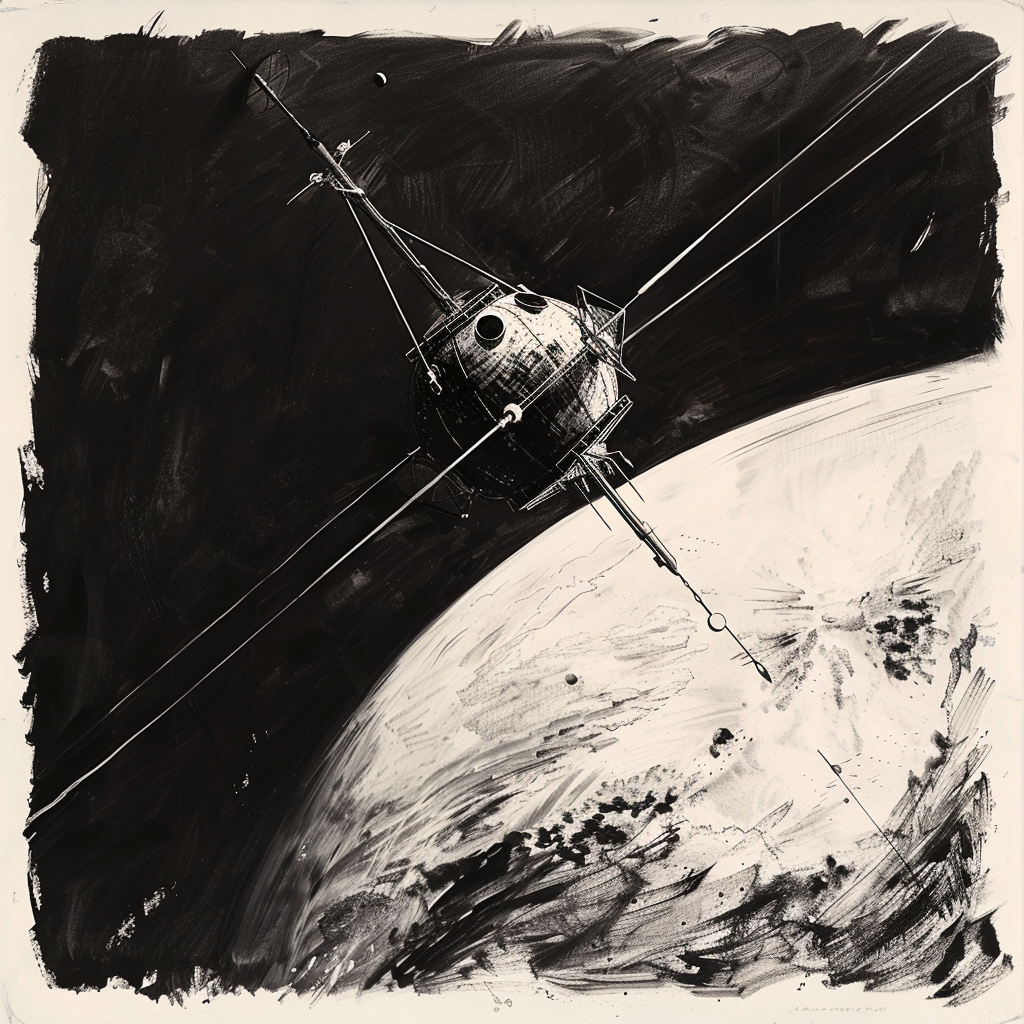In the middle of this labor-intensive period, a steady beep sounded from space in October 1957 that made humanity sit up and take notice. Without prior notice, the Russians had launched the first satellite, Sputnik 1, into orbit.
This post has been moved. Please follow us on Medium to read and/or listen (!) to it in full.
The Bright Side of the Doom, a Prequel to 1984, The 18-Year-Old Who Wrote a Note and Disappeared is now available worldwide in bookstores as a hardcover, paperback, and e-book‼️
